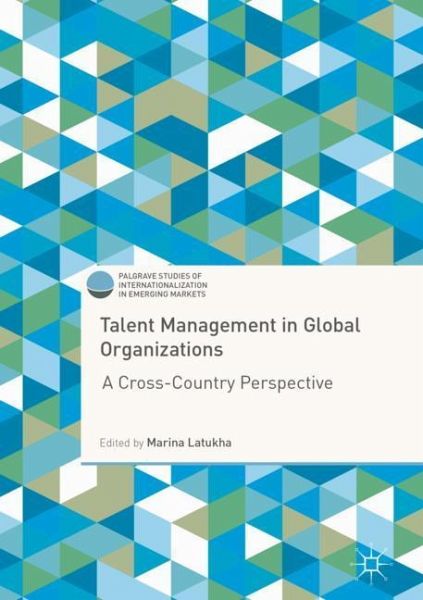
Talent Management in Global Organizations
A Cross-Country Perspective
Herausgegeben: Latukha, Marina

PAYBACK Punkte
57 °P sammeln!
This book explores the implications of talent management in four practical settings across the globe. Focusing on countries in the Asia-Pacific region, Central and Eastern Europe, Latin America and within the Commonwealth of Independent States (CIS), the authors illustrate how multinational corporations (MNCs) can benefit from talent management practices and as a result, develop a strategy of organizational leadership. Offering empirical examples from each region, this book examines how economic and cultural contexts influence talent management. Talent Management in Global Organizations discus...
This book explores the implications of talent management in four practical settings across the globe. Focusing on countries in the Asia-Pacific region, Central and Eastern Europe, Latin America and within the Commonwealth of Independent States (CIS), the authors illustrate how multinational corporations (MNCs) can benefit from talent management practices and as a result, develop a strategy of organizational leadership. Offering empirical examples from each region, this book examines how economic and cultural contexts influence talent management. Talent Management in Global Organizations discusses successful cases in different cross-cultural settings, and aims to inspire companies around the world to develop and implement talent management practices effectively.












